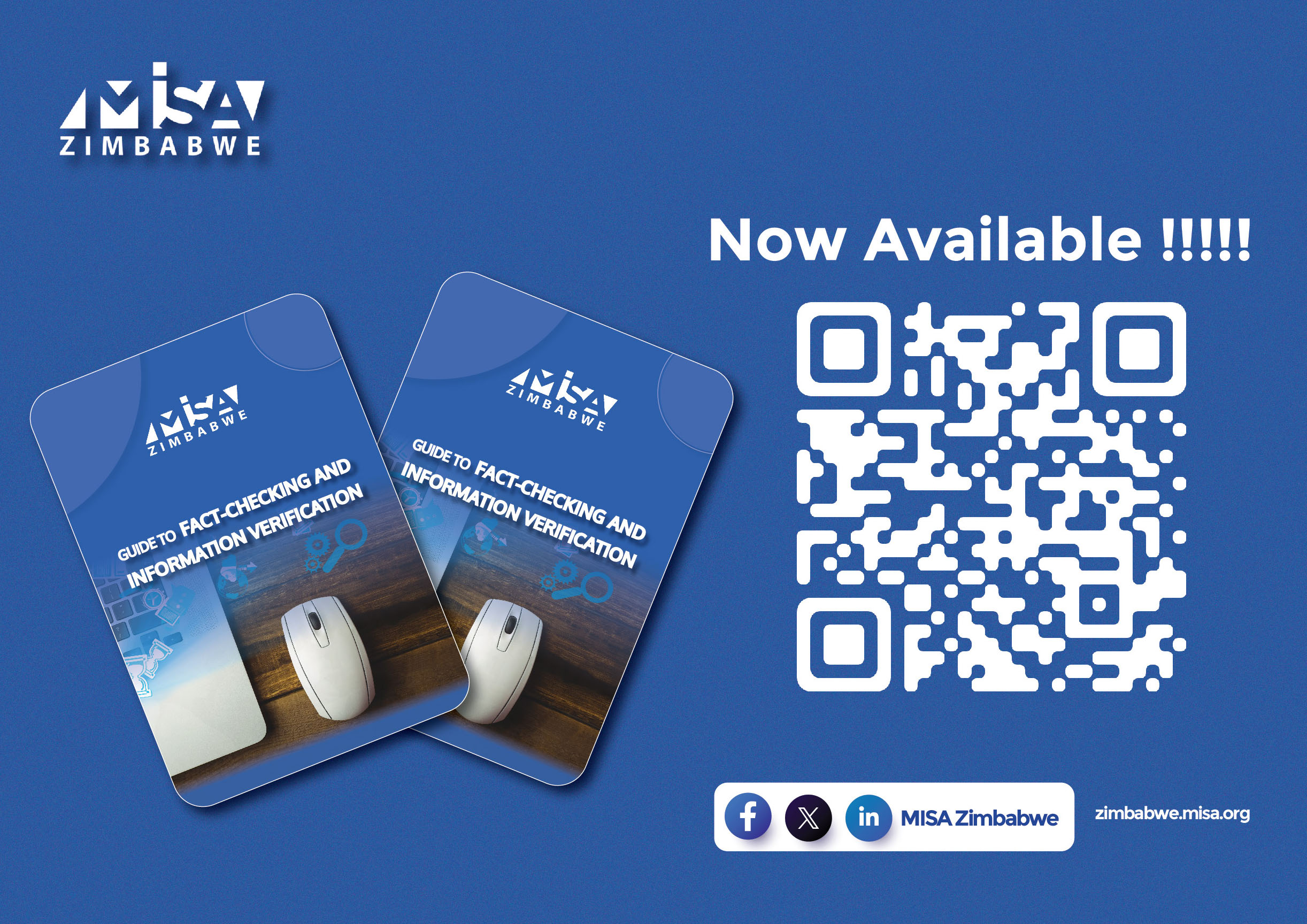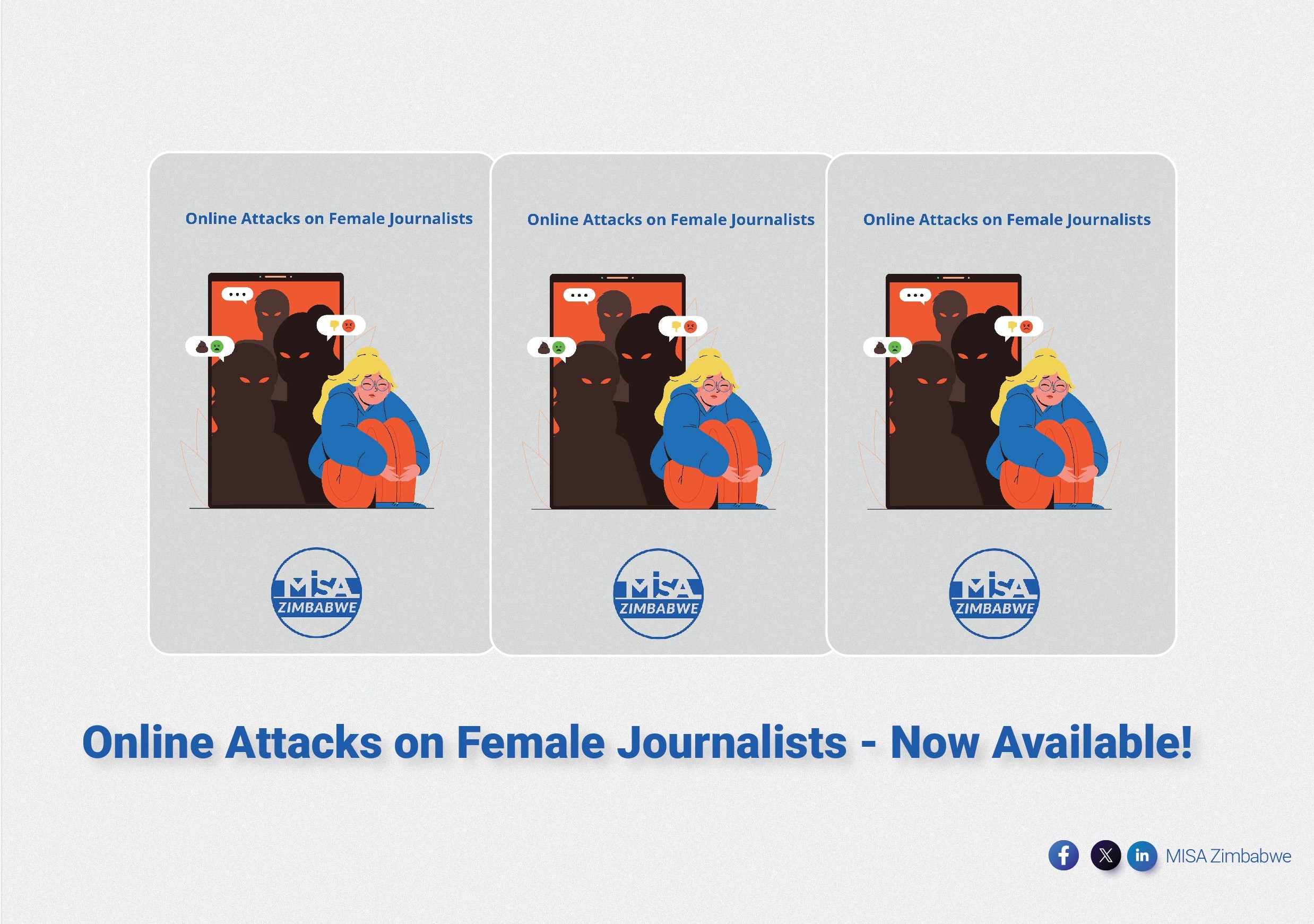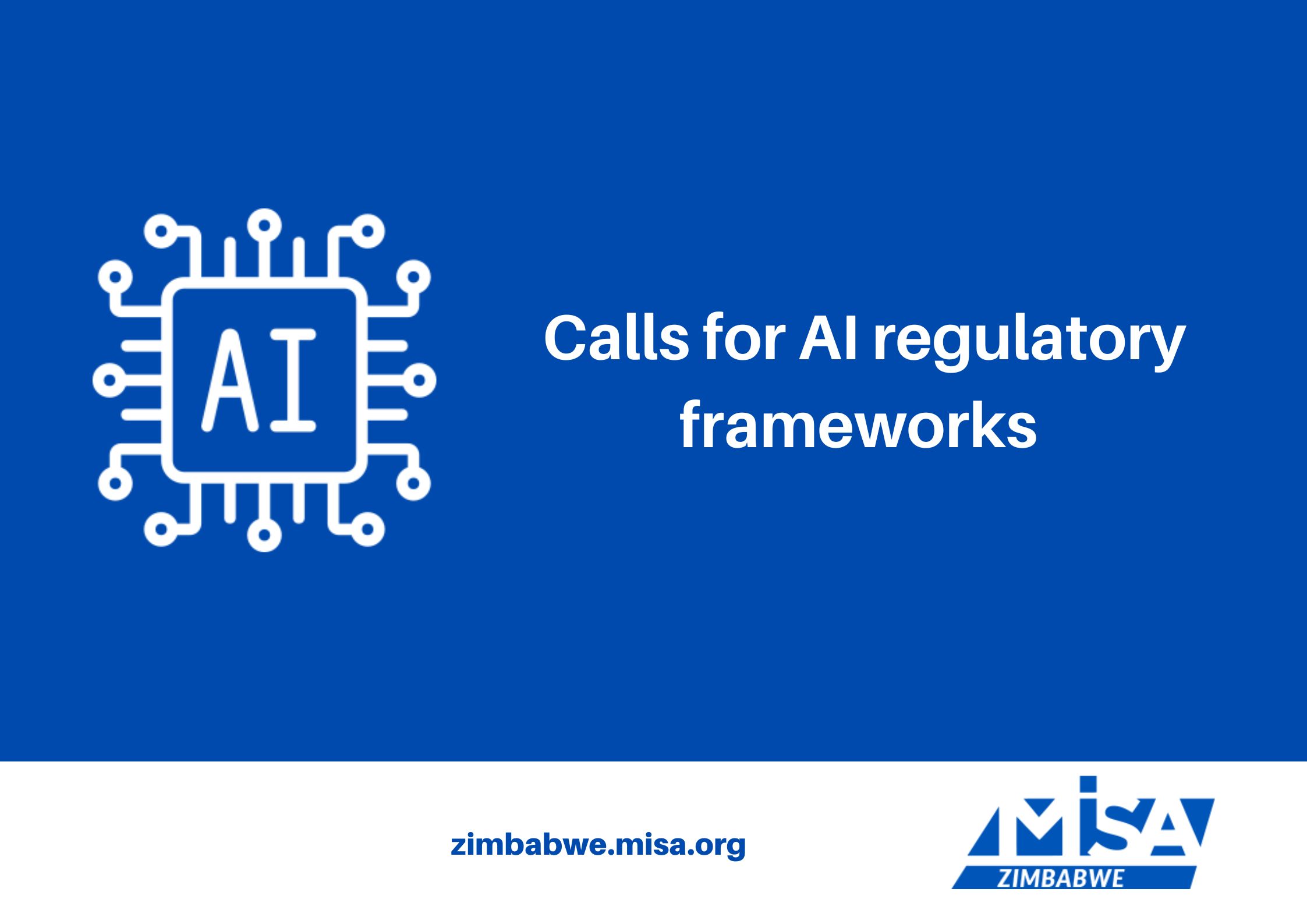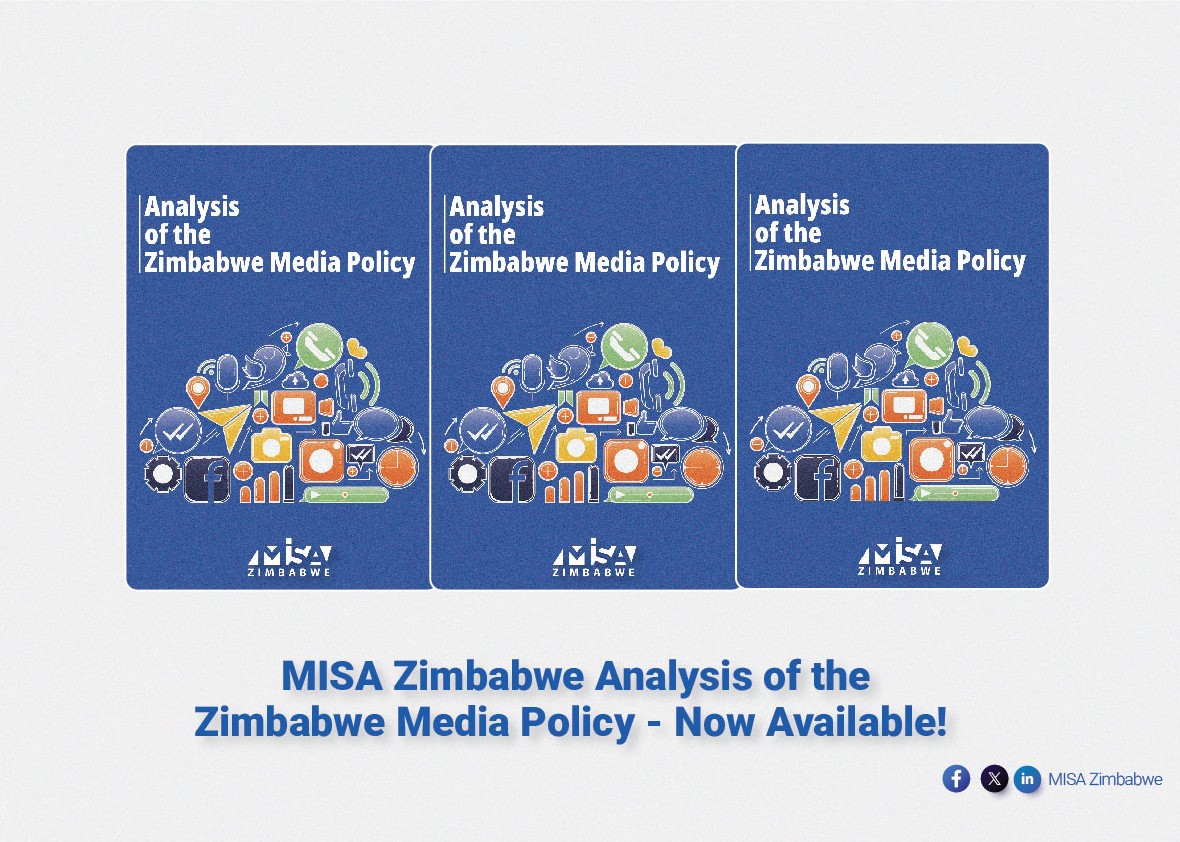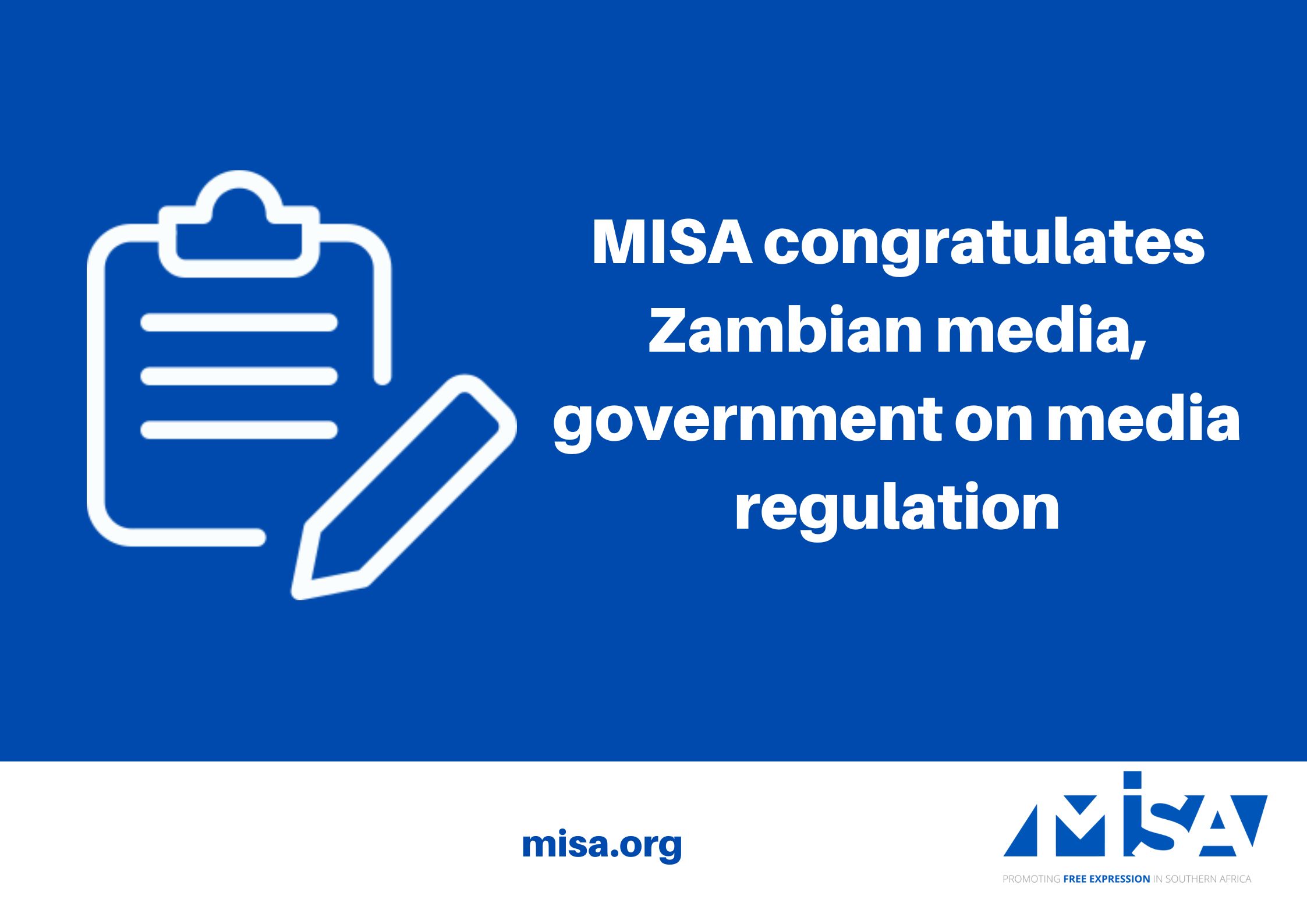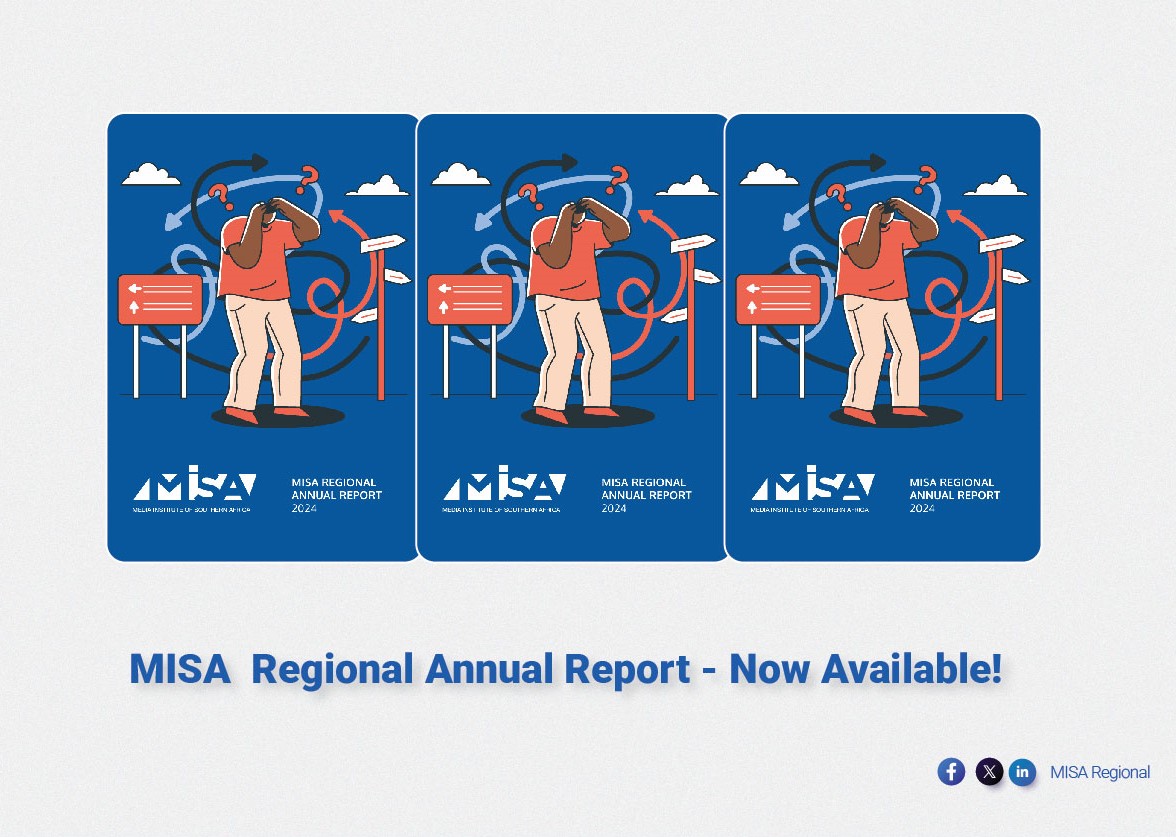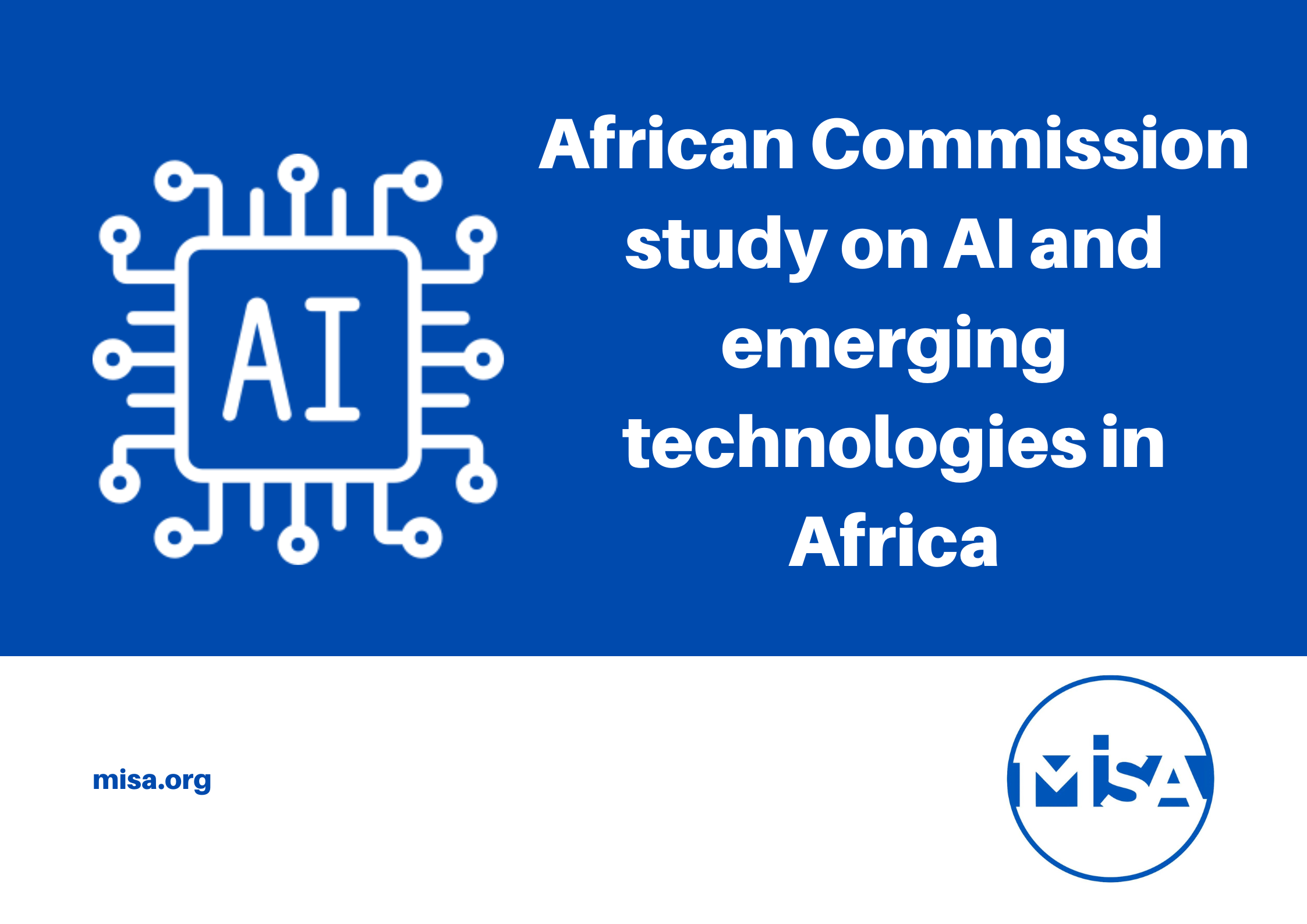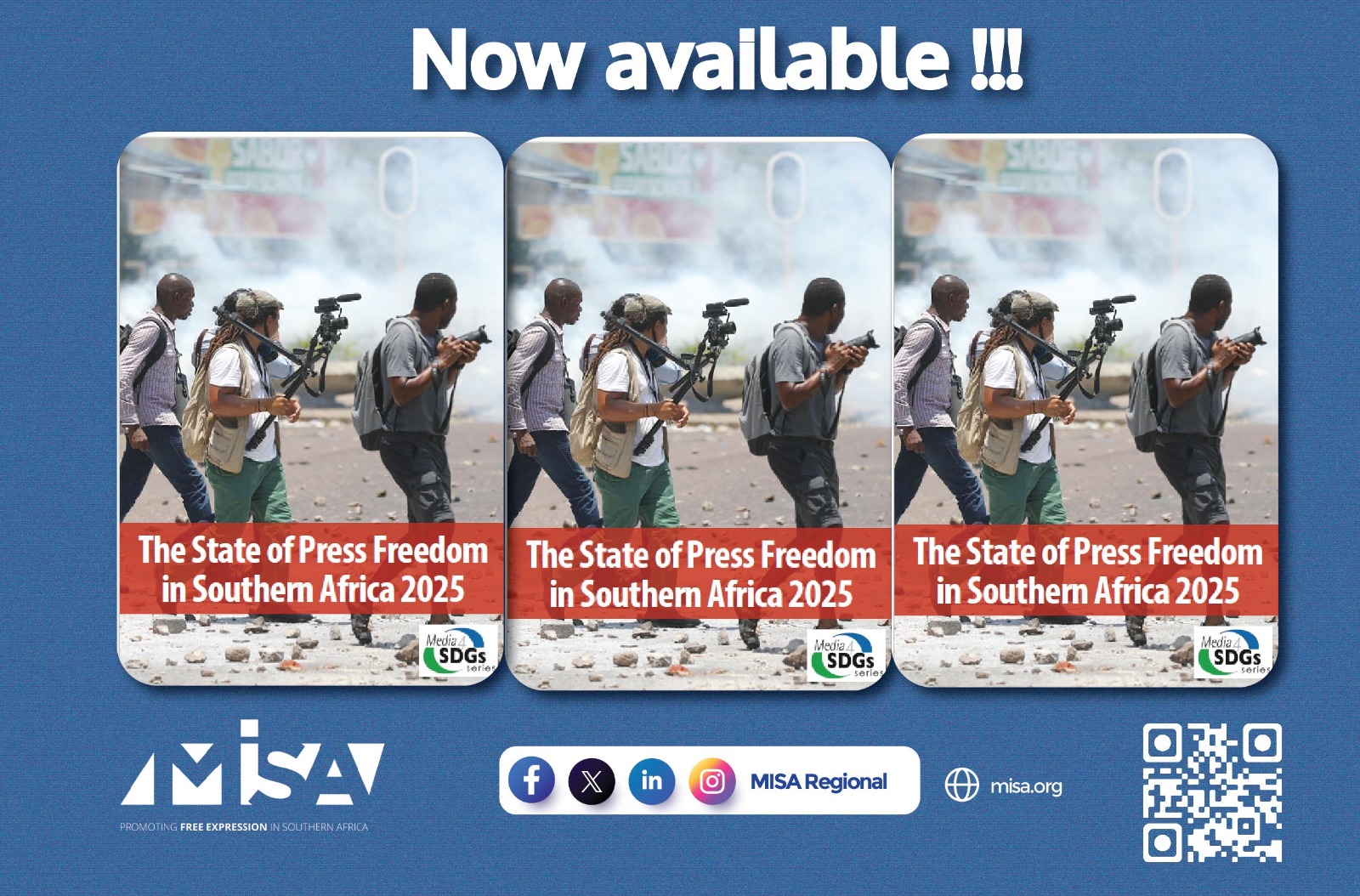Introduction
This manual is a multi-purpose resource whose principal objective is to help the general public to enhance their capacity to verify media content and actively contribute to the fight against the spread of “fake news” and actively contribute in the quest for accurate information while breaking the cycles of information disorders.
With this intervention MISA Zimbabwe anticipates that, users of this guide will get equipped with knowledge and skills to contribute to the sanitisation of the information ecosystem – which is polluted by false information intentionally spread for malicious reasons and unwittingly through sharing unverified information.
In this manual we unpack the motives behind the spread of fake news and define the different forms of fake news – misinformation and disinformation.
We provide a broad definition of the concept of fact-checking and explain why it is important to fact-check information at a personal and broader level. We highlighted the dangers of the dissemination of false information and the critical role that every member of the public must play in the global battle against information disorders.
The manual offers a practical guide to the fact-checking process, firstly by focusing on what can or cannot be fact-checked and then explaining and outlining the steps to fact-checking.
It also expands the range of the users’ capacity to use key tools to verify the authenticity of different content types which include pictures, videos and social media posts. A healthy number of practical examples have been included in the manual to enhance the users’ understanding of the tools and the context within which they can be applied.
MISA Zimbabwe hopes members of the public will make effective use of the manual in their interaction with information and content they receive and share online.




